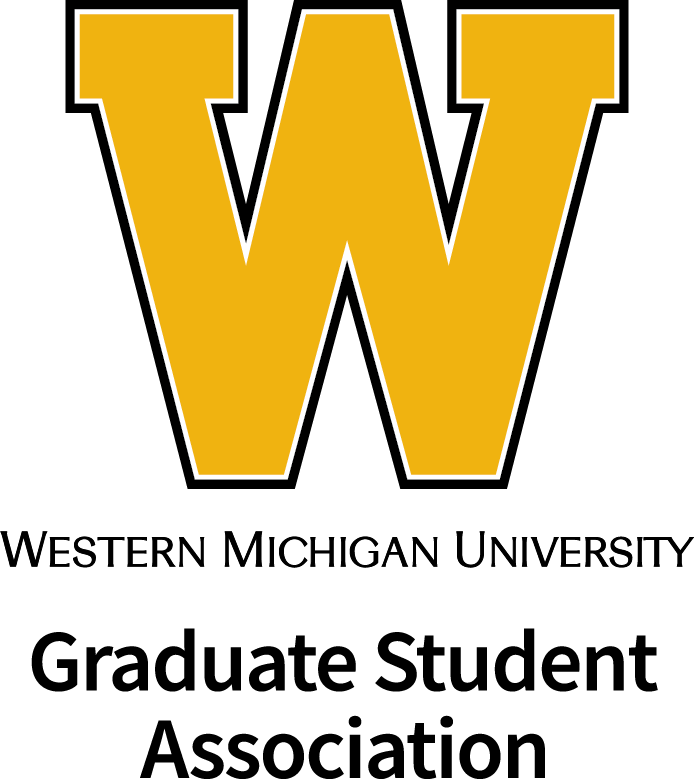Abstract
Abstract:
Predating monastic healthcare in the Middle Ages (Siraisi, 2019), spirituality and/or religion have been unified with healing, caring for the sick and consoling the dying, as documented by historical writings as early as c.3000 BCE-c.500 BCE in Mesopotamia and followed by coinciding accounts from c.750 BCE-c.280 BCE Greece and Rome (Mann, 2014). Via philosophy and science, a movement towards secularization has been perceived (as the Renaissance faded and the scientific revolution led into the Age of Enlightenment), therefore creating a dichotomy between treating the physical body separate from the metaphysical soul. In the early 1900’s, Abraham Flexner discredited any connection between health and religion triggering reform in medical education denying spirituality benefits (Puchalski, 2010, p. 12). In addition to a secular tendency, the atmosphere of caregiving had changed (with technology and scientific knowledge) from ceremonial dying with ritual fellowship to an environment void of communal support, with death often considered a failure in the recovery process. A brief history allows for reflection on how progress and technology change the interpersonal dynamics of families and communities… and valued traditions. Faith has been assessed to still be relevant to many patients regardless of secular trends (Puchalski, 2010, pp. 4-5, 14, 90). With reference to William James and other champions of pragmatism of the 19th century, justification of individuals’ faith or spirituality is validated and therefore given credence; valued for consideration by caregivers and physicians in today’s healthcare environment. James’ endorsement of pragmatism is supported by numerous romantic (as containing elements found in Romanticism’s literature) statements which encourage happiness and optimism. Leaning on James’ lectures published in text The Varieties of Religious Experience; aspects of pessimism leading to despair by virtue of a lack of faith, or maybe… active religiosity is proposed.
Recommended Citation
COURTNEY, STERLING
(2021)
"Justifying Advocacy of Patients’ Belief Diversity w/ Support from William James’ Lectures on Pragmatism: A New Name for Some Old Ways of Thinking, The Variety of Religious Experiences & The Will to Believe,"
The Hilltop Review: Vol. 12:
Iss.
2, Article 7.
Available at:
https://scholarworks.wmich.edu/hilltopreview/vol12/iss2/7
Included in
Applied Ethics Commons, Ethics and Political Philosophy Commons, Ethics in Religion Commons, Other Mental and Social Health Commons, Religious Thought, Theology and Philosophy of Religion Commons

